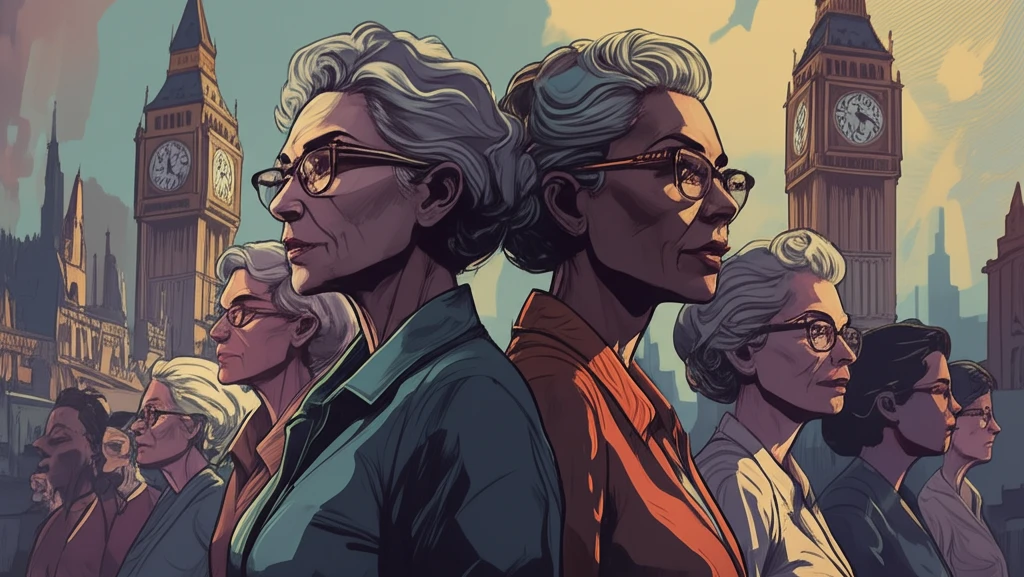
Timeless Strength: Understanding the Experiences of Older Lesbians
"Discover the untold stories of older lesbians, their challenges, triumphs, and vital lessons for future generations. A must-read for a more inclusive society."
In an era increasingly focused on inclusivity, understanding the diverse experiences within our communities is paramount. Often, the voices of those who have navigated decades of societal shifts and personal challenges remain unheard. This article delves into the lives of older lesbians, a group whose stories are rich with resilience, activism, and profound insights. It's crucial to mirror the increasing numbers of older adults in America by providing in-depth exploration of specific communities such as LGBT, and more specifically older lesbians.
Research on the older lesbian, gay, bisexual, and transgender (LGBT) population is not mirroring the increasing numbers of older adults in America or the increased focus on our aging society. By 2030, the number of baby boomers identifying as LGBT will increase to 2.5 million. Despite these growing numbers, research on the older LGBT community is very limited and even more so when it comes to research specifically on the older lesbian population. Yet the older lesbian population faces oppression in our society on three levels at a minimum: discrimination based on their age, gender, and sexual orientation. This population is particularly vulnerable and at risk as they age due to institutional and personal homophobia, as seen in recent development of new laws and policies.
Drawing from a study titled "'I would do it again': Past and present experiences of older lesbians," this article aims to illuminate the significant themes that emerge from their narratives. From the impact of the Women's Movement to the ongoing struggles with discrimination and the vital importance of social connections, we uncover the multifaceted layers of their lives. By amplifying these voices, we hope to foster greater empathy, inform gerontological practices, and advocate for policies that honor and protect this resilient community.
Navigating a Lifetime: Key Themes in Older Lesbian Experiences

The study, which gathered descriptive data from a United States-based national sample of lesbian women, identified several overarching themes that shaped the lives of its participants. These themes included the influence of the Women's Movement, the complexities of coming out, the persistent challenges of discrimination, and the critical role of social connections. Each of these elements is deeply intertwined, reflecting the multifaceted nature of their lived experiences.
- The Women's Movement as a catalyst for self-discovery and activism.
- Coming out as a multifaceted journey with both positive and negative outcomes.
- Discrimination in various forms, impacting social interactions and economic stability.
- The critical role of social connections in combating isolation and fostering resilience.
Looking Forward: Implications and Actions for a More Inclusive Future
The stories of older lesbians provide invaluable lessons for creating a more inclusive and supportive society. By understanding their experiences, we can work towards addressing the systemic issues that continue to impact their lives. Key areas for action include advocating for legislation that protects LGBT individuals from discrimination in housing and employment, promoting access to affirming healthcare services, and fostering intergenerational connections within the LGBT community. Furthermore, it is essential to support the development of LGBT-friendly retirement communities and assisted living facilities that cater to the unique needs of this population. By amplifying their voices and taking concrete steps towards creating a more equitable society, we can ensure that older lesbians are able to age with dignity, respect, and a strong sense of belonging.
